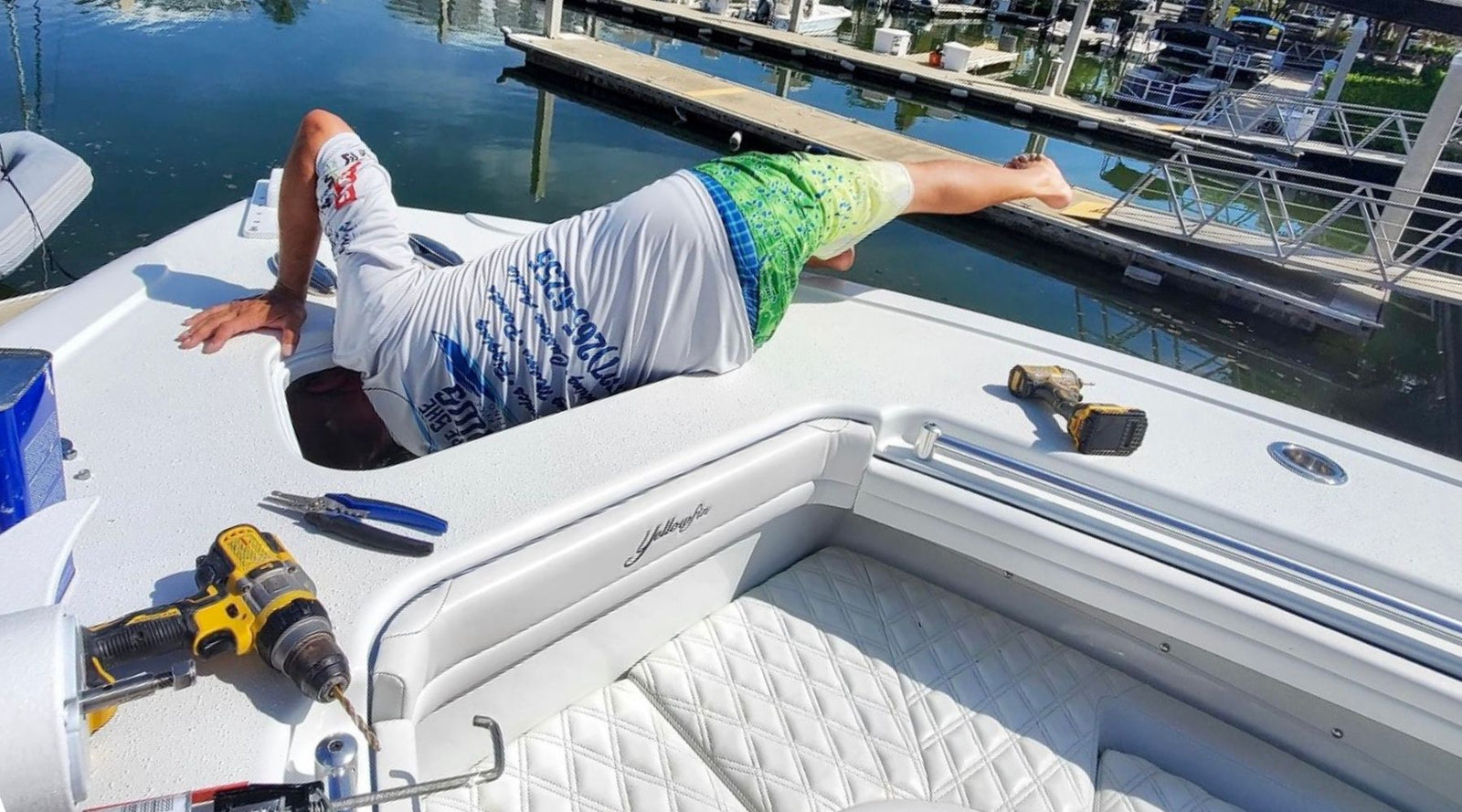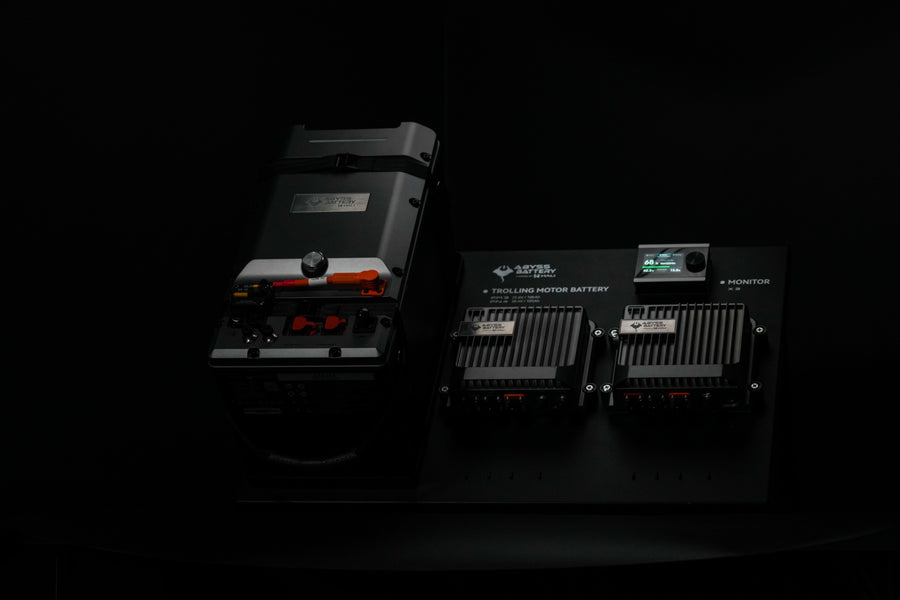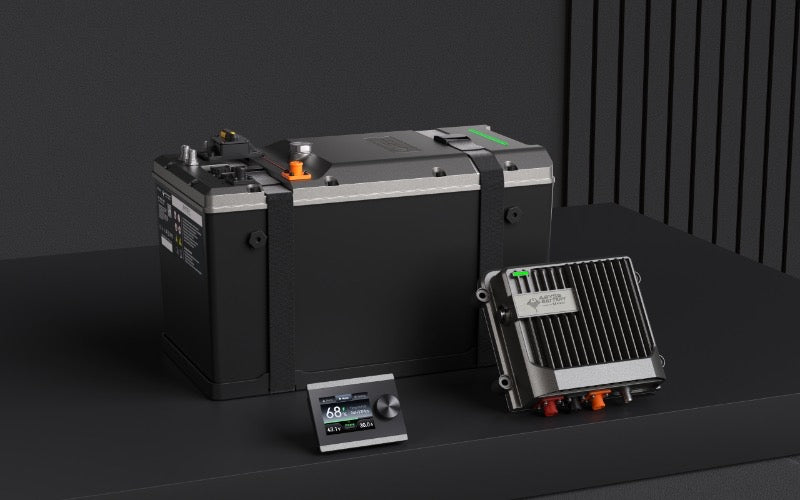Dos and Don’ts of Marine Craft Maintenance

Having a boat or other marine craft you can take out on the water for the day is nice. However, you must perform regular maintenance before and after each trip to ensure your vessel stays in good shape. Putting this maintenance off can result in long-term problems that become costly to repair. On the other hand, wisely investing your time and money will ensure your boat is ready to go when you are. These are the dos and don’ts of marine craft maintenance.
Do Change the Oil
One of the most basic maintenance procedures to be in the habit of is regularly checking and changing the oil. Most engines require an oil change at around 100 hours of use. However, missing this deadline is easy, leading to early degradation and breakdowns.
Having a maintenance schedule for your boat that includes oil changes is a good idea. You can add thousands of hours to your boat engine’s life by replacing the oil at the required intervals. If it’s too challenging to do yourself, you should take your vessel to a certified mechanic to do the work for you.
Do Charge the Battery
You should also ensure your boat’s battery is adequately charged before going out. You should check both the starter and deep-cycle batteries. Even if you’re not using the cell, it can still slowly discharge. So check it to ensure you have enough juice to get back to shore at the end of the day.
For most batteries, you’ll probably want a charger capable of automatically shutting off once the cell is full. Carefully inspect the casing to ensure there are no leaks or holes. You should replace damaged batteries right away to avoid chemical spills and fires. Various lithium boat batteries for sale offer longer run times and easy charging.
Do Check the Cables
No matter what type of battery you decide to get, you’ll need to ensure the cables are securely fastened during your trip. If your terminal connectors become loose or corroded, it could result in malfunctioning electronics, overheating, and even fires.
The first sign that you have bad cables is usually a weak start or flickering headlights. If you notice something is wrong, don’t ignore the problem. Check your lines to ensure they’re in good condition, and look at the battery posts and connectors to ensure they’re clean. You can use a mixture of baking soda and water to remove rust and other stuck-on materials if necessary.
Do Wash the Hull and Deck
Another thing to remember when doing marine craft maintenance is to ensure you wash the hull and deck whenever you notice fouling. In general, this will occur every few months. However, you may notice growth sooner, so don’t be afraid to roll up your sleeves and get to work when necessary. Ignoring regular cleaning can result in mold growth on the fiberglass.
You should have a soft cloth on hand to avoid scratching the surface. A soap and water mixture should be enough to keep the vessel clean. Avoid more potent substances, such as industrial cleaners and detergents, since they could damage the boat’s finish.
Don’t Forget the Electrical Systems
If you’re looking for something you shouldn’t do, ignoring the electrical systems in your boat would be at the top of the list. Your electrical system helps power everything from the starter to the lights, making it an essential component you can’t do without.
Damaged wiring can pose a fire hazard if it goes unnoticed. Therefore, ensure your wires are dry and free of cracks before going out. You can fix minor problems with electrical tape or insulation, but bigger ones may require more attention. If necessary, you can hire a certified electrician to make everything safe and in working order.
Don’t Use a Faulty Propeller
Many boat owners forget to check the propeller when maintaining their boats. However, it’s good practice to inspect it regularly to ensure it hasn’t sustained any damage or become bent. If the blades aren’t shaped correctly, your engine could lose efficiency or destabilize the craft.
A bent or broken propeller can cause significant harm to your engine if you don’t do something about it immediately. Reduced fuel efficiency, transmission slippages, and other related problems can become expensive quickly. Inspecting your propelling and getting it fixed when necessary will help you avoid the cost of repairs and get more out of your engine.
Don’t Leave Shore Without Fuel
You should also avoid leaving without an adequate supply of fuel. Depending on how much your boat consumes, you may need to have more than one canister. A backup is always good, but you should ensure you have enough in your main tank to return to shore.
Remove portable fuel tanks from the boat before filling. Ensure there are no open flames during transport. Remember not to completely fill your tanks since the gas may need to expand and contract during your trip. And finally, keep a fire extinguisher around while working with flammable materials.
Don’t Ignore Standing Water
When performing boat maintenance, you don’t want to ignore standing water in or around your craft. Water can build up in your boat due to spray, rain, leaks, and condensation. While boats are designed to withstand some moisture, letting excess moisture build up in the wrong places can be catastrophic.
Standing water invites unwanted pests and insects and results in mold, mildew, and rot. If you want your boat to last, you should dry up any standing water and cover your vessel during storage. Avoid leaving it out in the elements to help it stay in good condition.
Ensure Your Marine Craft Is Safe To Use
Forgetting to check up on your boat every now and then is easy. However, regular maintenance will keep you and your passengers safe. Creating a simple checklist will help you remember and perform all essential steps. By learning the dos and don’ts of marine craft maintenance, you’ll be ready to enjoy your time out on the water.






Leave a comment